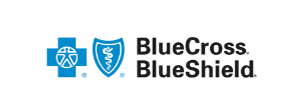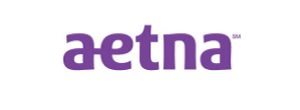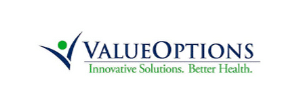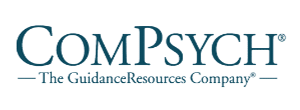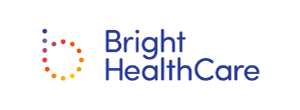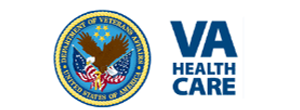Meth Addiction Treatment Center in Nashville, TN
Crystal methamphetamine is an extremely addictive, synthetic stimulant drug that can be smoked, snorted, or injected into the body. When used, it causes a person to experience an intense rush of dopamine in the central nervous system, thus leading to addiction.
In the United States, there are approximately 2.5 million people who use crystal meth and about 1.6 million who report struggling with a meth abuse disorder. Unfortunately, the use of this drug is becoming more and more widespread. In the state of Tennessee, it is currently believed that there are about 800 meth labs in operation at any given moment. Because of this, it is currently the third most widely used drug in Tennessee and becoming more and more popular.
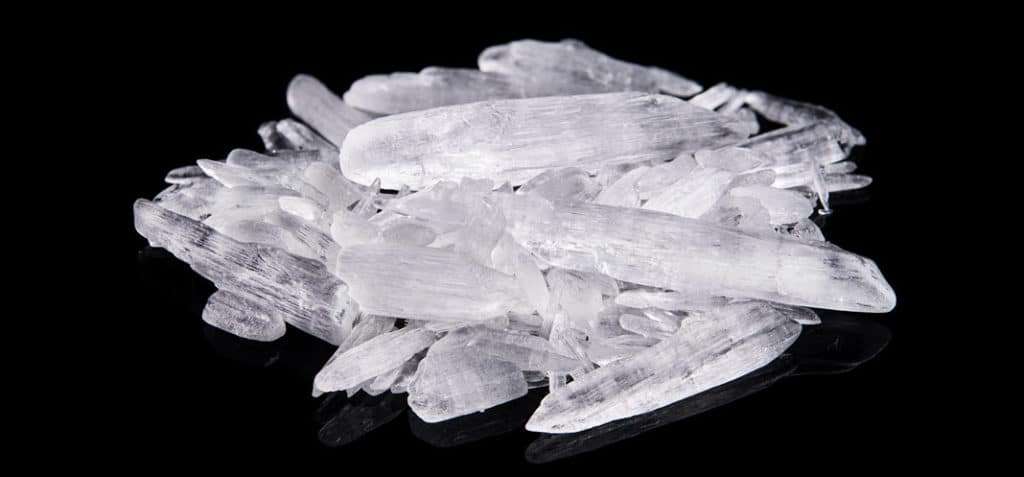
Types of Meth
Because it is becoming so popular, there are many different forms of meth on the street that people are using and becoming addicted to. It most commonly comes in the form of a powder that is smoked, snorted, or injected into the bloodstream. Some of the street names meth is referred to as include Crystal, Speed, Glass, Ice, and Crank.
Methamphetamine is currently classified by the DEA as a Schedule II drug, meaning that it has a high potential for abuse and is illegal, but is also approved for very specific medical use through drugs that are FDA-approved. The drug meth is illegal, but amphetamines and similar stimulants are currently used to treat different medical conditions and mental disorders like ADHD.
Effects of Meth
Unlike other stimulant drugs, meth releases a much higher amount of dopamine into the brain and it remains in the brain much longer than drugs like cocaine. One study found that alcohol releases about 100-200 units of dopamine, cocaine releases 100-350 units, but meth releases upwards of 1250 units. This is what makes the drug so addictive. The brain becomes used to that higher dopamine level and seeks it out, making the body crave it.
When in the body, meth may cause a person to experience effects such as:
- Increased Physical Activity
- Increased Energy or Wakefulness
- Decreased Appetite
- Faster Breathing
- Rapid/Irregular Heartbeat
- Increased Blood Pressure
- Increased Body Heat
Some of the more negative or long-term side effects will look like:
- Extreme Weight Loss
- Addiction
- Dental Problems
- Itching
- Skin Sores
- Anxiety
- Heightened Mental Health Problems
- Change in Brain Structure/Function
- Memory Loss
- Sleeping Problems
- Violent Behavior
- Paranoia
- Insomnia
- Hallucinations
In some cases, a person may continue using meth or using increased amounts because their brain and body require more and more to satisfy those cravings and diminish the more negative effects. This, however, creates more intense withdrawals and cravings in the long run, becoming a vicious cycle that is difficult to quit without professional help.
Meth Overdose
Meth use is one of the leading causes of drug-related overdoses. When a person uses too much of the drug for too long, or when a person uses a large amount when their tolerance is low, an overdose can occur and it may be life-threatening.
Knowing the signs of a meth overdose could be the difference between life and death, especially if you feel that you or a loved one is struggling with a substance use disorder. Symptoms of a meth overdose are:
- Trouble Breathing
- Signs of a Heart Attack
- Chest Pain
- Seizures
- High/Low Blood Pressure
- Kidney Failure
- Intense Stomach Pain
- Loss of Consciousness
- Paranoia
- Hyper or Aggressive Behavior
If someone is overdosing on meth, the most important thing to do is call for help. Seek medical assistance immediately, monitor the person who may be overdosing, and do what you can to ensure they remain awake and breathing until help comes.
Methamphetamine Withdrawal
The high level of dopamine that is caused when meth is used also often leads to an intense withdrawal period when meth isn’t in the system. These symptoms may cause a person to seek meth more and more often so that those symptoms go away, but in reality, it just worsens the problem.
Methamphetamine withdrawal symptoms include an increase in anxiety and other mental health conditions, disturbances in normal sleeping patterns such as fatigue or insomnia, depression, psychosis, intense cravings, and increased appetite.
Treating Meth Abuse
Substance abuse can be an incredibly isolating experience. It can seem like there is no way out, but there is. Seeking help through a variety of available treatment programs in Nashville, Tennessee can help you or a family member recover from meth abuse and find happiness in a life of sobriety. The recovery process can be difficult, but working with medical professionals can help make it as easy and painless as possible.
Types of Treatment for Methamphetamine Abuse
The first step in recovering from meth addiction includes finding the right rehab program for you. In Nashville, you will have several different levels of care to choose from.
- Residential Treatment: Clients will live on the property for a designated period of time where they will be constantly supervised and supported by their very own treatment team. Inpatient treatment is the highest available level of care and may be the most effective in helping you or your loved one recover successfully.
- Partial Hospitalization Program (PHP): This is the next step down from residential care, allowing clients to spend most of their day in a program while still being able to sleep at home each night.
- Intensive Outpatient Treatment (IOP): Depending on the level of need for each individual client, IOP may consist of only a few hours of treatment each day or every other day. Though this is not usually recommended as a first step in substance abuse treatment, it can be used as a maintenance program for someone who has completed a residential program or PHP.
- Outpatient Program: OP is not often recommended as the beginning stage of a person’s meth rehab program. Outpatient typically consists of an hour or two a week of maintenance, meaning that you have already completed a more intensive program and are now using therapy or occasional support groups to maintain that sobriety.
- Detoxification: In some cases, enrolling in a detox program may be the first, most important step of your recovery process. Detox programs help rid your body of the meth in the safest, most controlled setting possible.
The specific treatment method you choose to use will depend on your specific life and type of addiction, but regardless of how many hours a day you spend in a program, there is absolutely no shame in seeking help. When working with your treatment team after picking the right program for you, there will be an endless number of treatment option combinations. Your team may recommend:
- Group Therapy
- Aftercare planning
- Family Therapy
- Individual Therapy Sessions
- Cognitive Behavioral Therapy
- Medication Management
Drug Addiction Treatment in Nashville, Tennessee
If you or a loved one are suffering from methamphetamine use and need help, there are treatment services available to help you in Tennessee, whether you are in need of long or short-term rehab. The goal is to help provide a plan that enhances your overall well-being while also providing steps and goals that can help you maintain sobriety long-term.
We’re available 24/7 to assist you or your loved one in getting help for meth abuse. Below is a list of additional resources that are specific to the treatment of methamphetamine abuse in Nashville, Tennessee.
Crystal Meth Anonymous: An online directory where you can find CMA meetings closest to you. Support groups are often a critical component of the recovery process and can help connect you with others in your community who are struggling.
Tennessee Department of Mental Health and Substance Abuse Services: A government-run website meant to inform and educate the public on the available resources for Tennessee residents who are struggling with addiction and co-occurring disorders.
Nashville Prevention Partnership: An organization whose mission is to connect in-need individuals to effective, evidence-based treatment and resources for the long-term prevention of continued drug use.
LiveAnotherDay: An online directory of vetted, trustworthy treatment programs in Nashville.
Behavioral Health and Wellness Services of Nashville: A compilation of crisis lines and treatment services for Nashville residents suffering from drug abuse.
Our Programs

About Us




